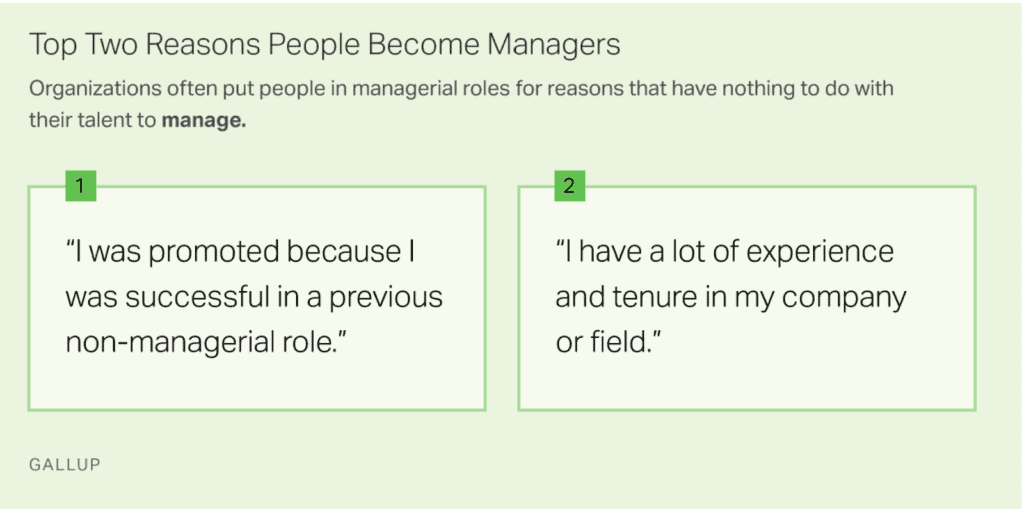What do employees contribute to a business?
Over the past decade, the world has seen the dramatic growth of startups around the world. However, only a fraction of these new businesses see the light of success and meet their financial goals. What sets these companies apart from the rest? We believe that managing employees successfully is a good start.
There is no perfect formula for success, but there are certain aspects and business strategies at work that push a business to the forefront of its industry. One of these factors is effective management of employees.
Employees are an asset to any organization; this is a well established fact. With their talents and hard work, companies are able to strengthen customer relations, put proper marketing teams and marketing strategies into place, and streamline operations & finances. For this reason, it is essential for employers and managers to harness the full potential of their employees by directing their energy toward productivity with strategic guidance. However, employees should also be allowed to work comfortably, with space to grow and the support and resources necessary to innovate.
When good employees are faced with ineffective leadership and poor relationships with managers, they are likely to leave. This is actually shown to be the number one reason for employees to leave their job according to a research study conducted by Gallup.
Therefore, proper employee management is vital in order to accomplish retention of good workers and keep your company running smoothly! With that said, let’s discuss some keys to successful employee management.
What makes a good manager?
According to a study by Gallup, the two top reasons people become managers are success in a prior non-managerial role and tenure.
If you ask anyone, what makes a good manager, neither of these two reasons would come up as criteria for good management. At the heart of effective employee management is the ability to be a leader, an influencer, a relationship developer, and most importantly the ability to empathize with each employee as an individual as opposed to imposing one’s own methodologies to the employee’s way-of-work.
A successful manager knows how his or her employees remain productive, motivated, informed, and harmonious at the workplace. Simply put, employees respect managers who know what they’re doing. Being in a leadership position, it is vital for you to be fully aware of your responsibilities to your team, and your main responsibility is to lead them with your own actions.
If an employee feels that their manager is incompetent, they will not feel as much of a drive towards productivity. But if your team knows that you’ll also do whatever you expect from them, they’ll likely work hard to help you achieve your goal.
A good manager should also set clear and reasonable expectations of their employee’s responsibilities. Employee’s satisfaction levels are highly dependent on knowing exactly what is expected of them. The goals that you have set should be challenging, achievable, and whenever possible, quantifiable.
You should be able to make your employees understand the direction that your business strategy is taking. This way, you can give feedback by comparing those expectations to the work delivered.
When an employee meets or even exceeds those expectations, a manager should always acknowledge their work, and have an honest respect for it. By rewarding them with praise and asking about what they learned in the process, you show an active interest in their growth. This acknowledgement will affirm the hard work that they have put into succeeding and encourage them to continue delivering work of this caliber.
An open line of communication between employees and their managers is another one of the key factors that help managers perform the central functions of management – planning, organizing, motivating, and controlling. Without effective communication, workplace coordination is nearly impossible, and goals are left unfulfilled. By having an open door policy, you make it clear to your employees that you are available, it ensures your employees know you are interested in their progress and are more than willing to help if necessary.
This open line of communication does not necessarily need to be restricted to work related topics. Being careful not to overstep boundaries, a good manager should take an active interest in his/her employees. Even a small effort like asking about a photo on their desk can make employees feel more comfortable in the office.
When employees experience a favorable atmosphere at work and perceive support from their managers, they work more diligently and are more likely to align their goals with the goals of the organization. A concerned employer should be empathetic and build a rapport with and between his staff, leading to greater trust and transparency within the team. If you want your employees to be excited about their job, give them something to be excited about!
It is important, however, to remain professional and ensure your employees still view you as an authority figure. At the end of the day, employees are people you have hired to perform a task, thereby exchanging their time, talent, effort, and work in return for payment.
Being interested in your employees does not have to come at the expense of giving too much leniency to employees when they fail to uphold their side of the employment agreement. A good manager knows the perfect balance between being friends and being friendly.
Providing a sense of security to your employees through loyalty, consistency, and putting them first is a true sign of a leader. The paycheck your employees receive is a central part of their financial situation, so without this sense of stability, employees are likely to experience heightened stress and may also lose some respect for you as a manager because they are not entirely confident in your ability to run the company that’s paying them.
Lead by example, make yourself available, create a positive work environment, and communicate effectively! The more work you put into being a successful manager, the less work you’ll have to put into replacing good employees.
Employees vs. Consultants
The title of consultant carries some similarities to the title of employee, but there are some key differences in terms of the amount of time the consultant can expect to be employed, methods of payment, and worker benefits. Consultants not classified as employees work as independent contractors.
While employees may feel that a personally held position is relatively secure, consultants are hired for a pre-specified term or for a limited portion of each week, often to complete a particular project or take on a responsibility that does not demand a full-time role for. As a result, business consultants may offer much more flexibility than an employee because they can be hired on a project basis or only working for a portion of the week with no commitment required.
Additionally, consultants come with expertise from seeing and working with many more businesses than just one. Business Consultants thus can direct their efforts towards their particular focus, whether it be at a functional expertise level – strategic, financial, or marketing, or an industry focus to bring insights into your specific industry.
The other main difference in terms of management is that you are typically less concerned with long term development of the consultant as you would be with an employee. However, it is important to be mindful that the consultant is also a human and still requires a certain level of understanding in order for there to be a harmonious professional relationship which is always in everyone’s best interest.
A consultant may charge a higher hourly rate to compensate for the higher flexibility level they can offer compared to an employee. For this reason, consultants are often used more heavily as part-time employees in early stage companies, until the point in time that it becomes necessary to have their skills on board full-time.
For early stage companies, this flexibility is often the most important thing when looking to fulfill a skill gap. Later stage companies, on the other hand, more commonly hire consultants to help fill a short-term knowledge gap, or for a short-term project to bring an outside objective view.
Some early stage companies make the mistake of rather paying a very junior person full-time to fill a skill gap instead of paying a senior consultant part-time. The problem with this is that the junior person is likely going to need guidance themselves and are thus not equipped well to drive a skill within an organization that has a gap of that skill.
AngelytiX often works as an outsourced middle manager to help skill up junior employees in a start-up while also driving the thinking forward for the skill-gap. This method, we believe, can be the best of both worlds for a start-up at this relatively early stage.






